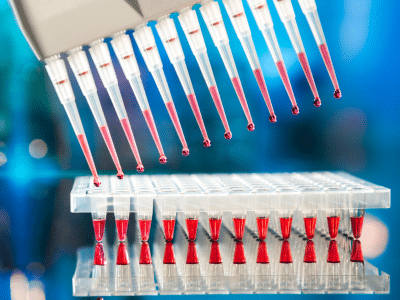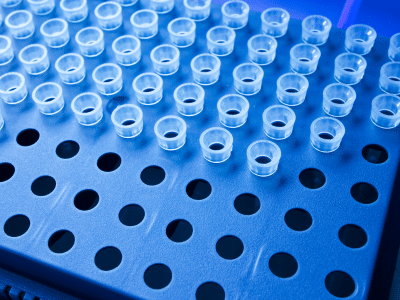Every day, our laboratory garbage cans are filled with plastic… And a large part of it is packaged as IHAW and destigoes to incineration.
Although difficult, environmental concern becomes key in lab’s purchasing process : they get obviously eager to reduce their impact on the processing and waste disposal of plastics.
How do you define an eco-responsible product?
A eco-friendly product is defined by its impact on the environment throughout its lifecycle – from crave to grave.
For example, biodegradable plastic items will be considered green products because of the reduction in waste volume after their destruction.
Another option is to consider the circular economy with recycled plastic. In this case, manufacturers can produce new plastic parts from the plastic waste generated by production cycles. This waste is considered clean, allowing the manufacturer to incorporate it into new products.
There is another way to define a green product at the manufacturing stage. Some non-fossil raw materials can be used, according to the plastic quality and the chemical and physical characteristics required. For this, organic or natural raw materials such as sugar cane may be used to obtain a biosourced base. Not using raw materials like fossil fuels will have a direct impact on the environment.
What kinds of products can be defined as green in laboratories ?
A critical point remains : there is a risk of incorrect diagnosis with inadequate patient care, due to the presence of plastic components that modify the analysis process (salting-out effect).
In the absence of specific studies, select green products only when the green product are not in contact with the primary sample seems to be safety solution.
By selecting products that are used in large quantities and generating a large volume of waste, the environnemental impact will be quickly be visible.
LABELIANS select partners who are committed to environmental care, users friendlyness, and samples safety.




